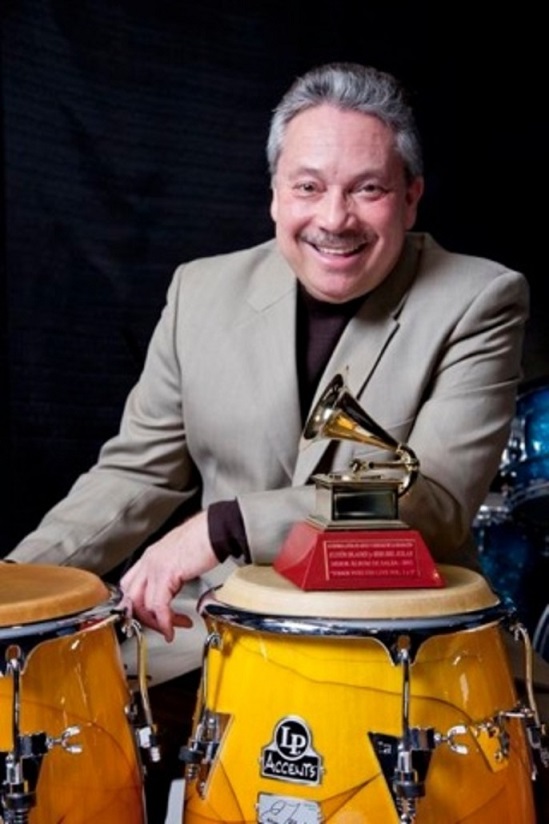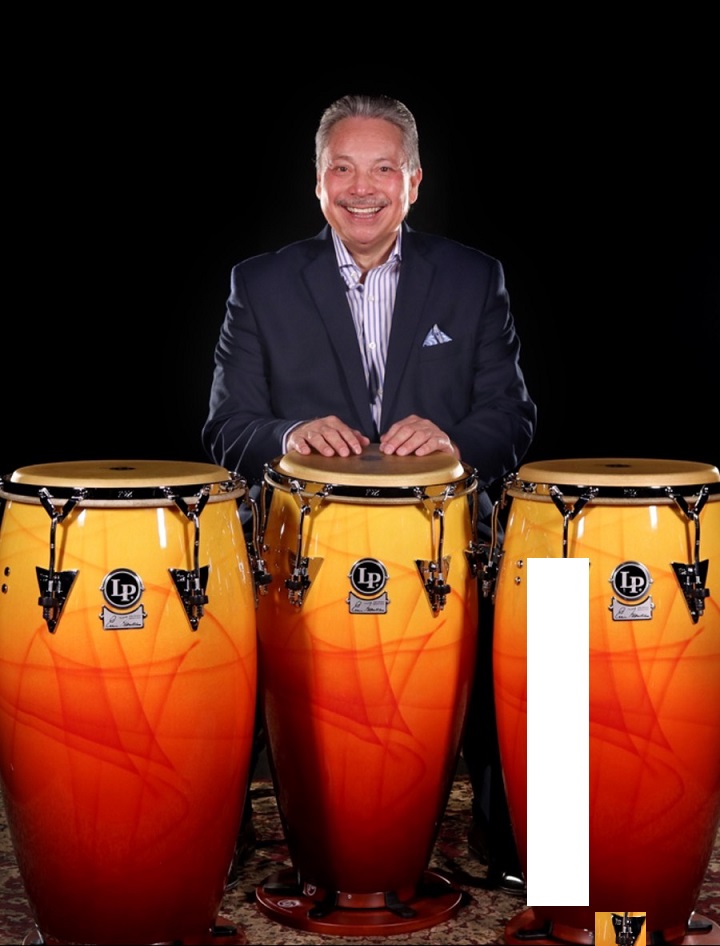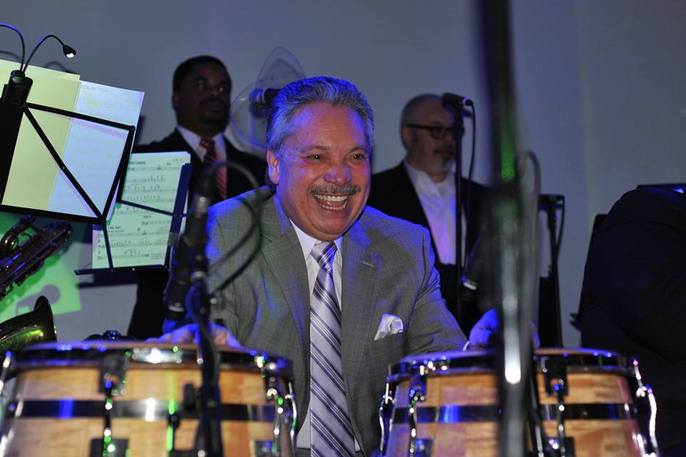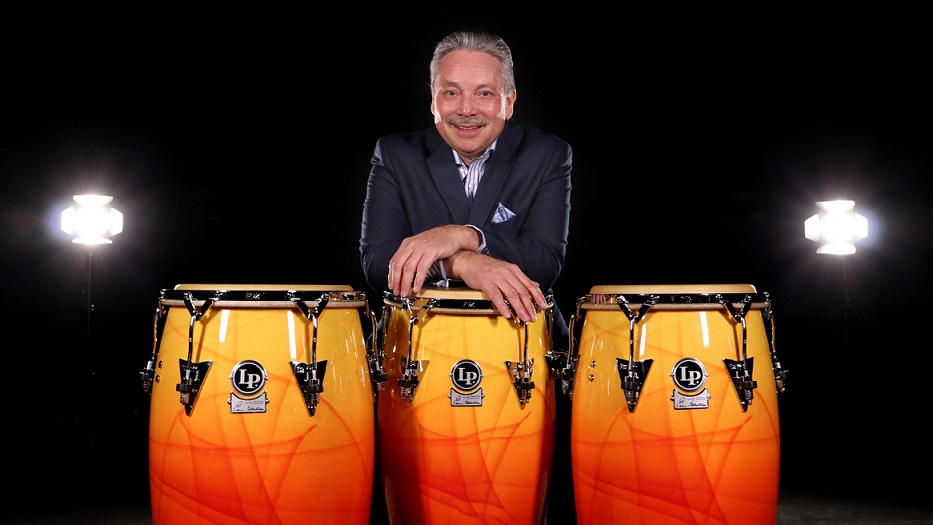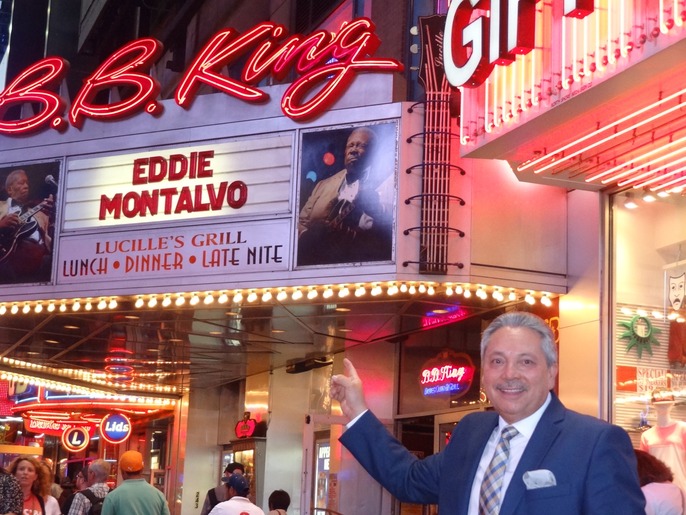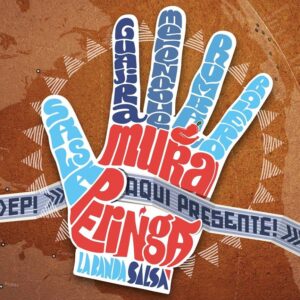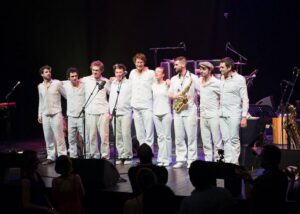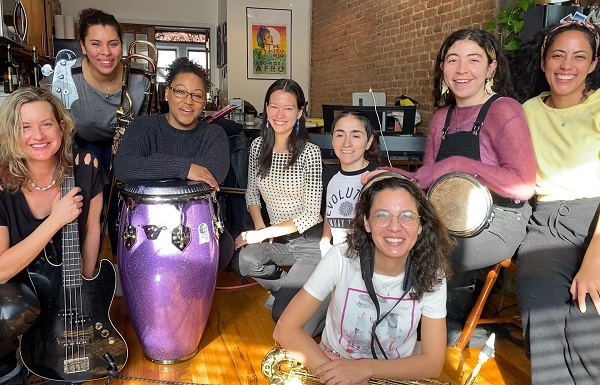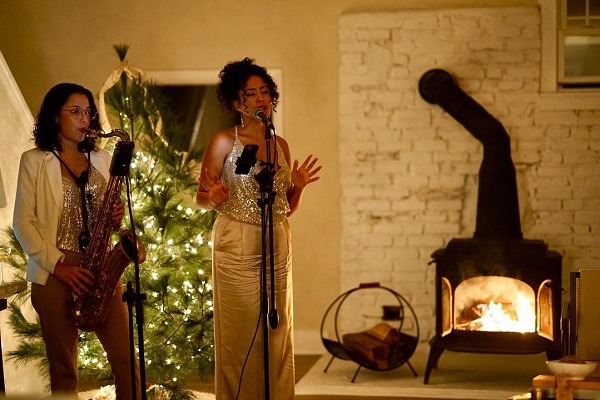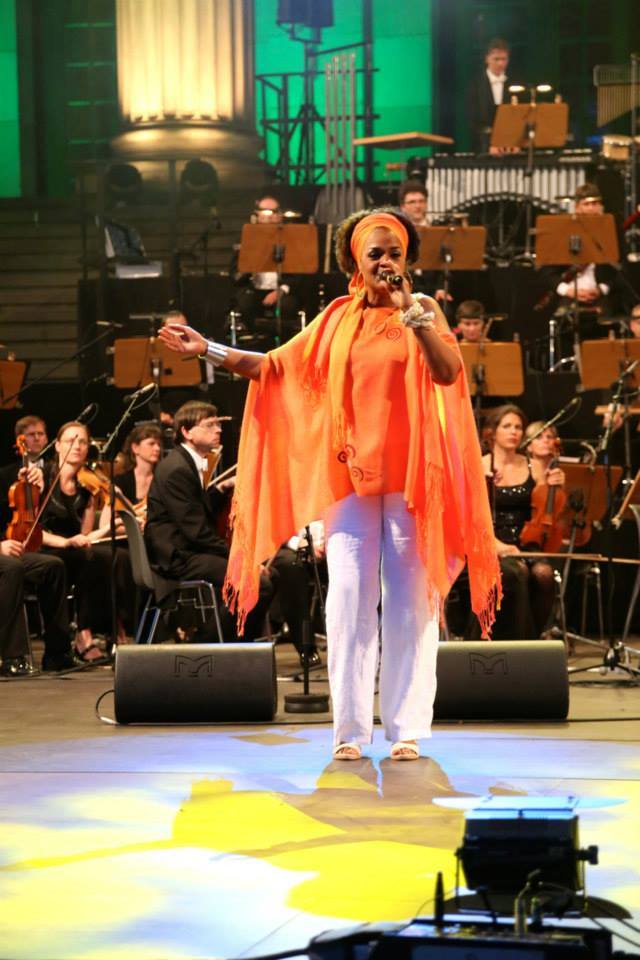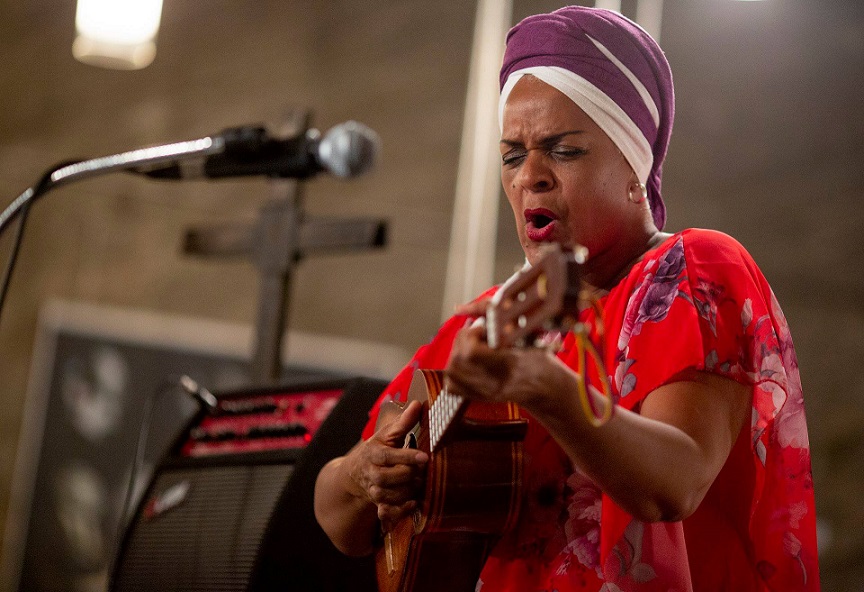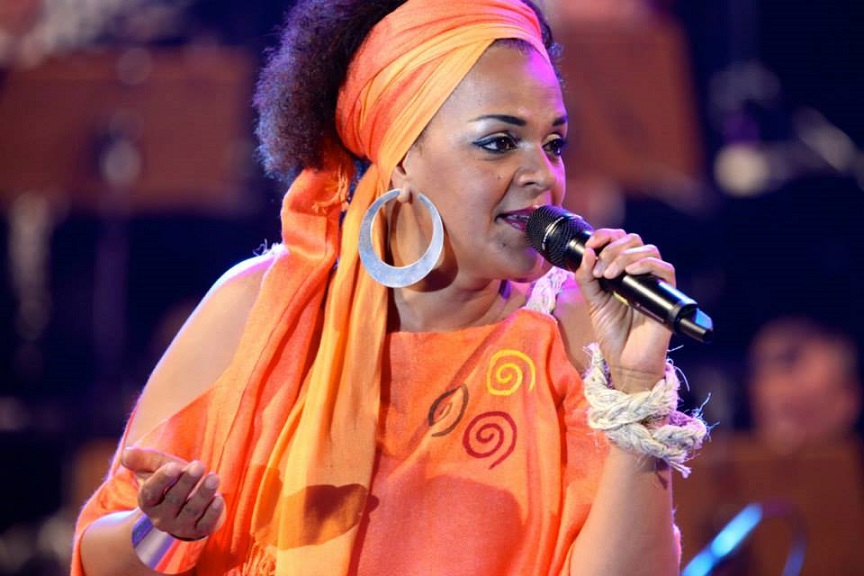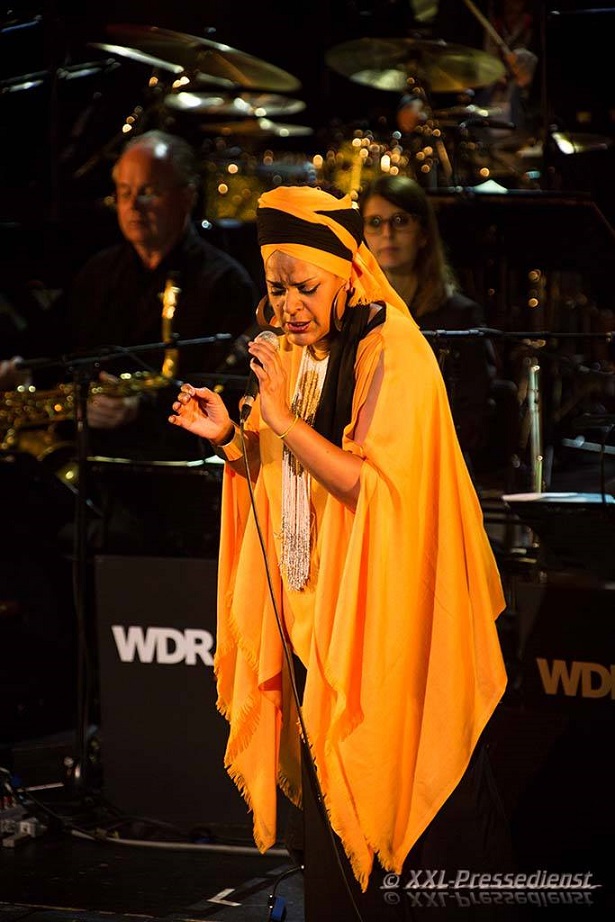North America/ United State / New York
José Madera, Percussion & Arranger of Machito, Tito Rodriguez and Tito Puente
One would think that a job with the world famous Tito Puente
Band keep busy a percussionist.
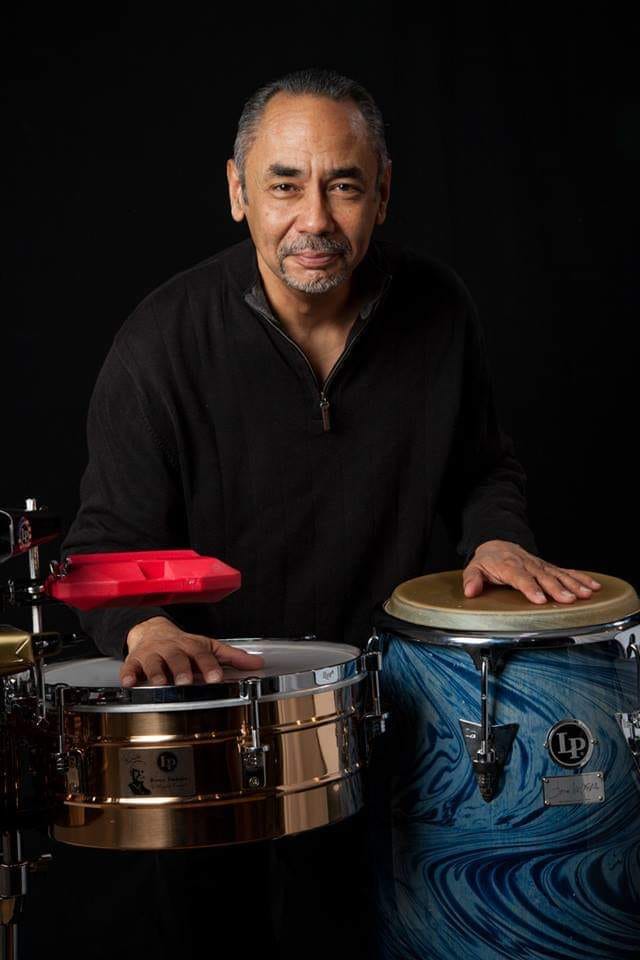
But the musician, arranger and composer José Madera had yet found the time to record and write music for some of the most influential bands in the world.
Prior to joining Tito Puente over 35 years ago, Madera play for four years with the famous Machito Orchestra, and recorded with many artists of R & B (including James Brown, Diana Ross, David Sanborn and Aztec Two – Step).
As an arranger for Fania Records Plant, played in several comerciales successes, and through the years has composed music for the Fania All- Stars, Larry Harlow , Johnny Pacheco , Willie Colón, and Celia Cruz .
Although he has recorded some 75 albums in 20 years, as well as numerous radio jingles and film soundtracks, Madera still had time for his other career for 15 years he had worked as a teacher and conductor in a high school for the performing arts with private funds, in the city of New York.
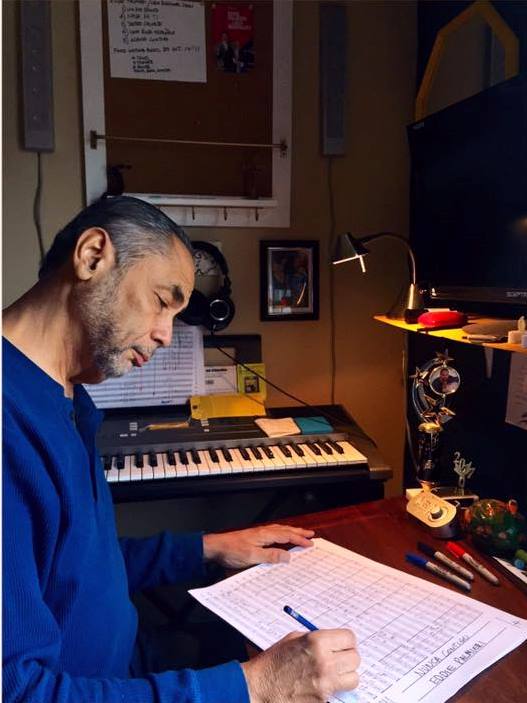
Jose has written many arrangements for countless commercial Latin artists and has recorded or worked with many of them as well. Some of them include: Larry Harlow, Johnny Pacheco, Chico O’Farill: The Lincoln Center Afro-Cuban jazz orchestra, Celia Cruz, Tito Rodriguez, Fania All-Stars, Willie Colon, Joe Farrell, Machito, Graciela, Mario Bauza, Willie Rosario, Earl Klughand Eddie Palmieri, just to name a few.
Jose has also worked and recorded with many pop, R&B and jazz artists.
Some of them include Diana Ross, James Brown, Dizzy Gillespie, Paquito D’Rivera, George Benson and Lionel Hampton among others.
Jose has performed on over 250 recordings. He has worked on several television show soundtracks including “The Simpsons” and several motion picture soundtracks including ”The Mambo Kings Play Songs of Love” where he was the musical arranger and conductor for the Tito Puente segment of the film.
Jose also taught the art of playing Latin percussion instruments at BOYS HARBOR in New York City for 28 years.
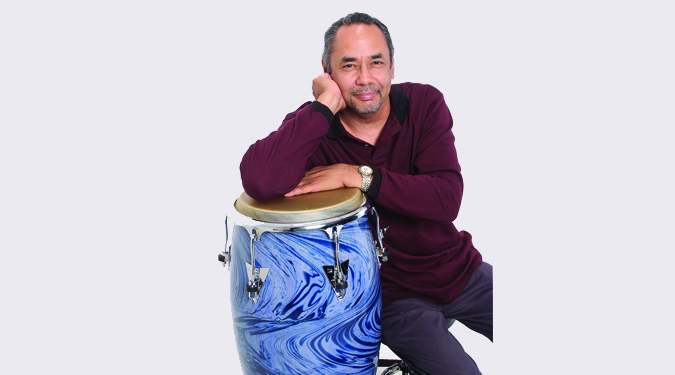
Jose has done and continues to do musical clinics around the country at various schools.
¨He was the musical director of the Latin Giants of Jazz from 2001 to 2009¨.
José Madera continues his musical direction with the Mambo Legends Orchestra, a band comprised of former members of the Tito Puente Orchestra, which is dedicated to performing new creative Latin and Latin jazz concepts, as well as some of the music of Machito, Tito Rodriguez and Tito Puente.
José Madera has personally re-created and re-arranged much of the music that the ban ds performed during the heyday of the Mambo at the Palladium Ballroom in New York City, which is considered by many critics to be the “Greatest and Mostinnovative Era” in the history of Latin music.
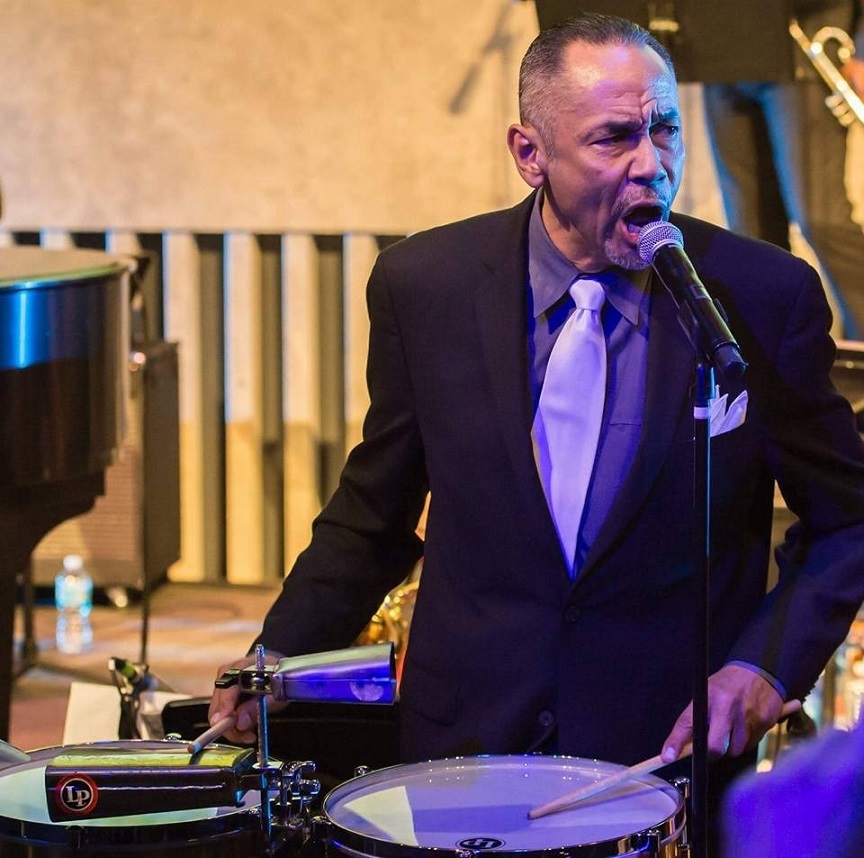
Madera’s saxophonist father Jose “Pin ” Madera, was one of the original members of the Afro -Cuban Orchestra Machito .
Young Joseph was influenced by drummer Machito (The best Latin Big Band drummer I’ve ever heard).
Later I was influenced by José Mangual and the same Tito Puente. The LP Timbale bell (circa 1966) was the first instrument Wood LP , today plays a variety of congas , bongos , guiro and bells LP.
Compared with the instruments that were used years ago , the sounds I get from the LP instruments are very authentic.
As an arranger, it is very gratifying to know that whatever you write will be accompanied by instruments LP, which only improve the quality of interpretation.
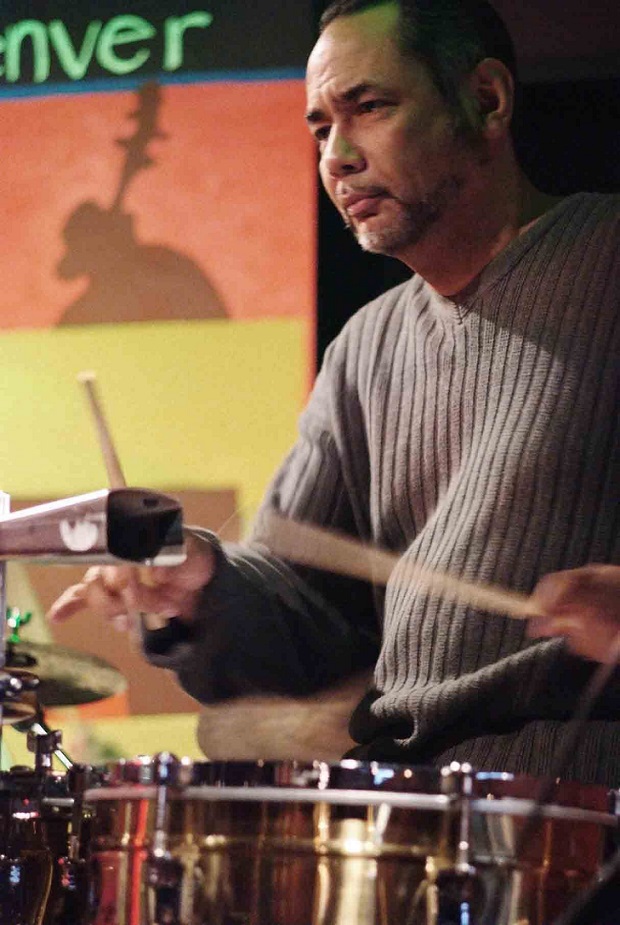
In 2008, Madera was entrusted to the Department of Research and Development LP designing the Signature Series José Madera Congas .
José Madera is proud that these drums, bearing his name, present a sound and a visual such outstanding features.
